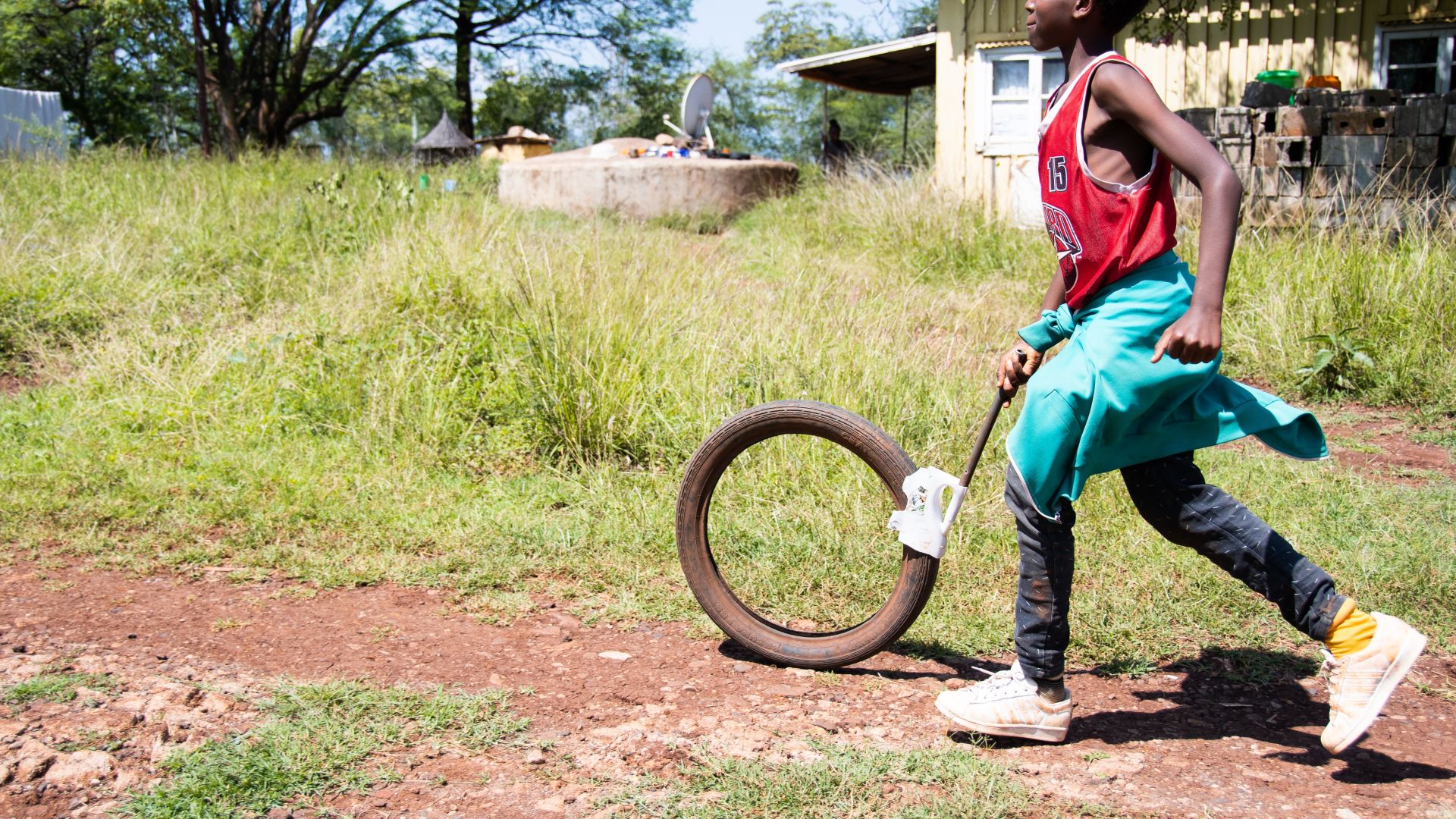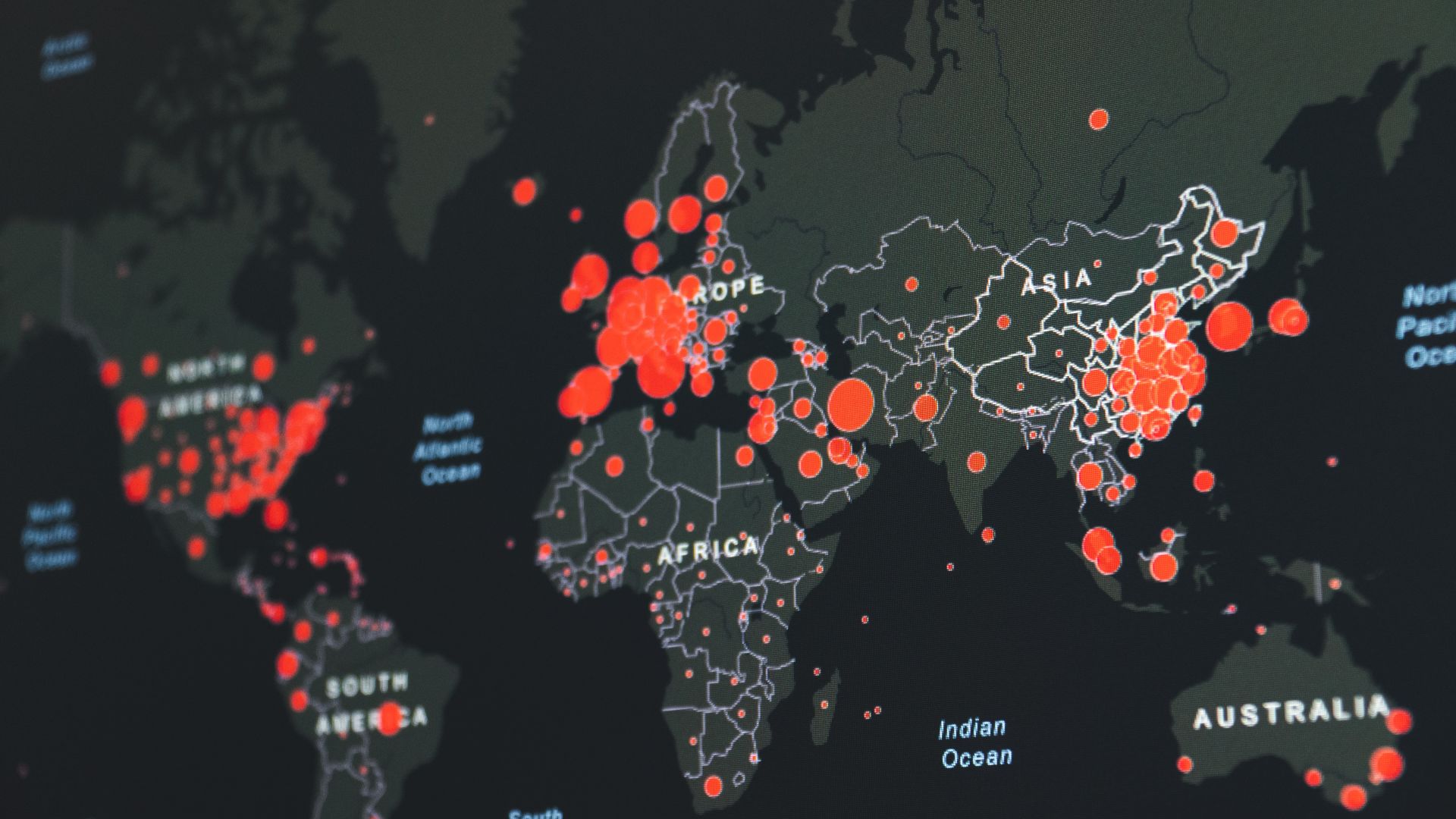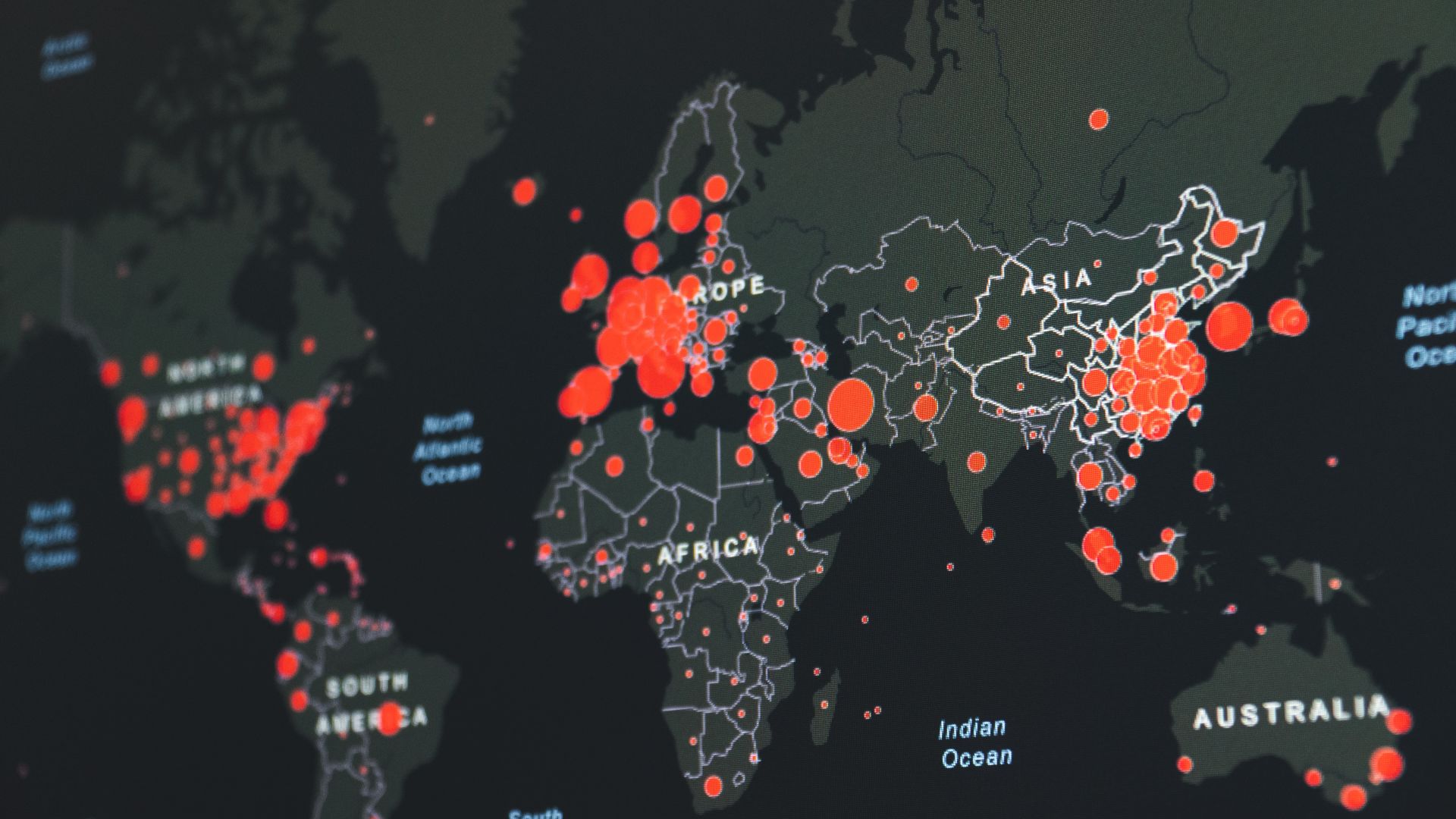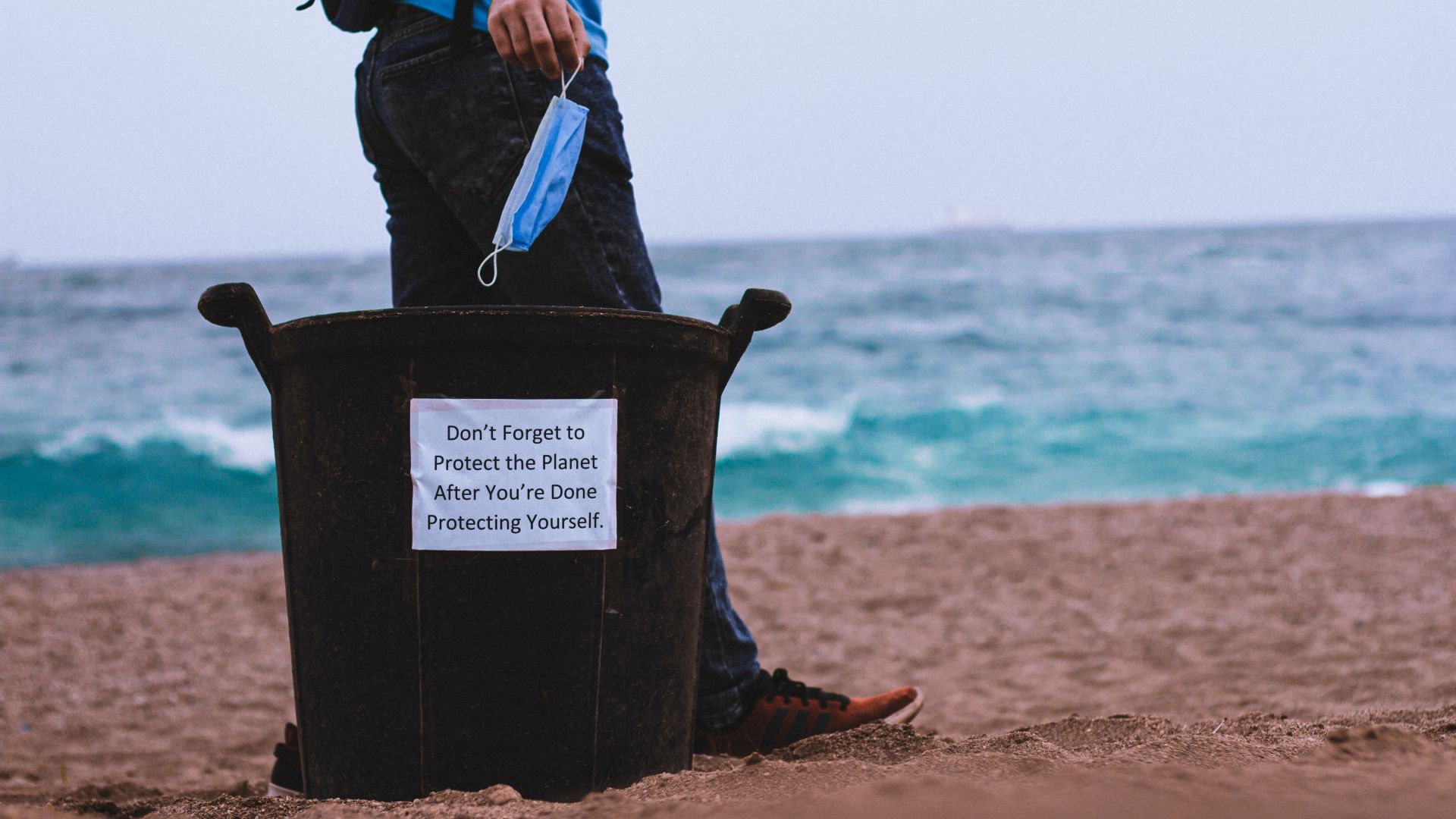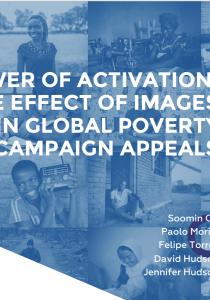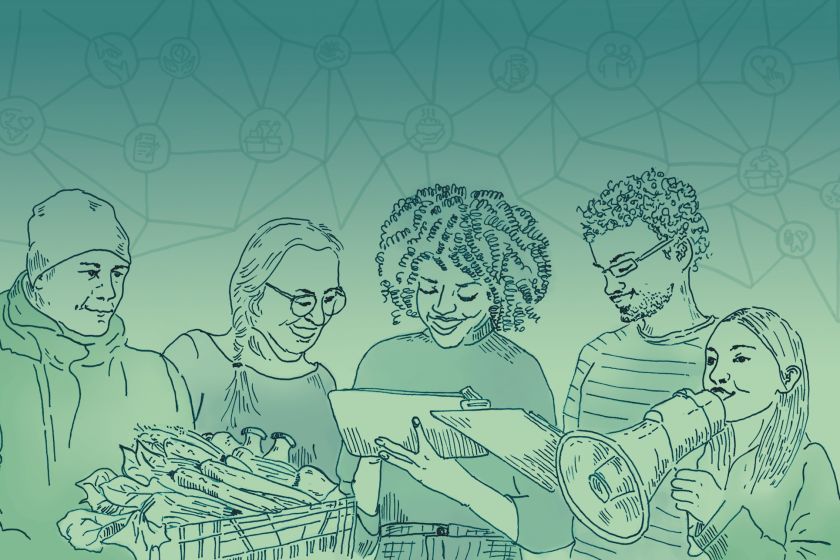
New research shows that the majority of the German public understand the connection between their own sustainable consumption and sustainable development, both in their own country and the Global South. In addition, we find that although the majority of the German population already consumes sustainably to some extent, they see potential for further increase. That said, the public believe that their own potential impact pales in comparison to that of corporations, and are keen to see action from policymakers to improve corporate behaviour. We also observe a significant gap between self-reported sustainable consumption and desired levels of sustainable consumption; a key opportunity for campaigners and policymakers.
2023 marks the midpoint for the fulfillment of the Sustainable Development Goals (SDGs) set in the Agenda 2030, and reasonable doubts have been raised about the progress we have made so far. Efforts need to be increased, and policymakers should be eager to know where we stand, for example on SDG 12, which focuses on responsible consumption and production. What is sustainable consumption?
Sustainable consumption does not only comprise of purchase and use, but also includes how people dispose of goods and how they make consumption decisions (referred to in the report as ‘purchase consideration and waiver’). It also involves the individual’s engagement with laws, regulations and policies around consumption (for example by signing petitions or writing to politicians, termed ‘consumption policy engagement’ in the report). We also compare data for the different goods consumed, such as food, clothing, and finances.
The DEval Opinion Monitor for Development Policy reveals that the German public understand the connection between their consumption behavior and sustainable development, both in their own country and the Global South. Despite this understanding and a clear indication that they would like to do more, the public see a greater role to play for corporations and the private sector in improving their sustainable consumption, but believe these private sector entities are reluctant to act. We found that the public would like to see policy change to make this happen.
Asked about different policy strategies, a large majority supports obliging companies to pay living wages in their facilities in the Global South (roughly 79 percent), and believe that companies should be held responsible for human-rights violations along their supply chains (about 71 percent). Tax laws that promote sustainable consumption receive similarly high support (around 73 percent), and even the introduction of true prices that include the damaging effects of production, coming at the expense of higher consumer prices, are supported by almost half of respondents.
Do the public want to do more?
On the level of individual consumption, we find that while around 58 percent of the population reported consuming sustainably in some way, 71 percent would like to do more (Figure 1). Looking specifically at disposal and recycling, where the level is already high, the discrepancy is lower. For consumption policy engagement and purchasing decisions related to clothing, on the other hand, the discrepancy and thus the potential for improvement is high.
Reminding the public of income shocks like the increased cost of living does have an impact on desire to consume sustainably.
There are, however, large differences in the extent to which people consume sustainably in the different areas and phases. Sorting and recycling of waste as well as recycling and donating old clothing are very pronounced. Also, a large majority purchases food economically, buying it more adequately based on needs. By contrast, purchasing sustainable financial products as well as consumption policy engagement are the least pronounced.
Why don’t the public do more?
This discrepancy – 58% who consume sustainably compared with 71% who want to do more – is significant. Since the public want to improve their consumption habits, what is holding them back? We find that perceived self-efficacy is rather low, and another barrier seems to be that people don’t believe they have full control over their behavior when it comes to consumption. Also, the respondents of both a survey and focus group expressed doubts that their own behavior can make a big impact. It is interesting to note that though their perceived self-efficacy is low when it comes to sustainable consumption, it is still higher than their perceived self-efficacy for reducing poverty.
In terms of barriers, there is also an information gap with respect to what individuals can actually do. For instance, while there is a range of sustainability labels and certificates, for example for food or clothing, our study shows that only a few sustainable textile labels are widely known among the public. That said, for those who know a specific label, they generally consider it trustworthy.
Finally, there is the financial aspect: While our study found no differences in support for sustainable consumption across income groups, reminding participants of income shocks and the increased cost of living can have an impact. In a survey experiment, participants who were primed about the Ukraine war and its economic consequences (such as inflation and rising energy prices) showed slightly lower willingness to buy sustainable products.
Looking ahead
A key for campaigners and policymakers is to increase the public’s self-efficacy and encourage the public to make more sustainable decisions and moderate their consumption habits. This could be achieved by expanding easily accessible opportunities for citizens to engage or by better communicating the direct impact that domestic consumption can have on sustainable global development. Closing the knowledge gap on the range and brand awareness of labels or certificates would certainly help, too.
Finally, advocacy experts and policymakers should address the demand for more regulation of companies’ consumption and production. The limited influence of individuals’ consumption on sustainable development is well documented, and the population are right with their concerns about corporate behavior. Especially in times where the individual capacities to consume sustainably are impaired through inflation and economic crises, there is an obligation to act.








